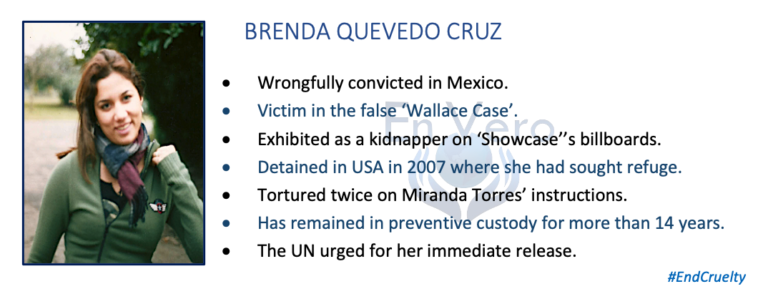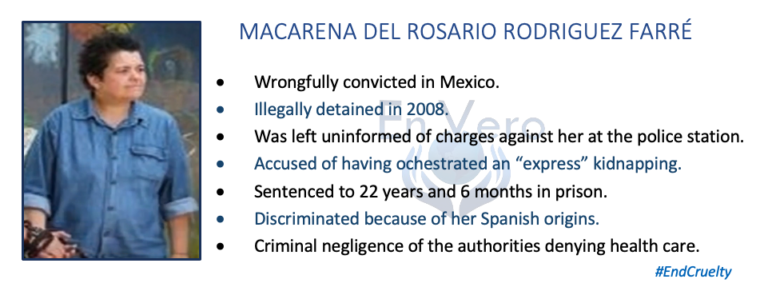Source: Huffington Post
Authors:
January 12, 2018
The death penalty in Iran, an unbearable truth
The number of executions around the world in 2016 fell by more than a third compared to the previous year, said Amnesty International on 11 April 2017, with 1,032 executions in 23 countries in 2016 compared to 1,634 in 25 countries in 2015. However, though the 37% year-on-year fall was welcomed by Amnesty, the organization warned that the numbers remain historically high, and 2016 also saw 3,117 people sentenced to death – the highest number of death sentences ever recorded in a single year by the organization.
Based on Amnesty’s annual report on death penalty 2016, Iran carried out at least 567 executions in 2016, including of at least eight women. The majority of executions – at least 328 – were carried out for drug-related offences; Other executions were for murder, rape or vague offences such as “enmity against God”. Consensual same-sex sexual conducts and adultery remained punishable by death.
But the death sentences issued by Iran is not limited to the above offences.
The right to freedom must be considered as an essential objective to conquer all over the world for this 21st century. We cannot give in to ideologies that cut free thought or to men who, under the yoke of absolute power, pretend to make slaves of free men. It is time for all of us to become aware of the need to claim Civil and Political Rights; It is now time to start working as a society, as a collective, in the construction of a more decent world.
In Europe and the USA it is inconceivable that sharing one’s spiritual ideas or world views, could result in being kept in solitary confinement for seven long years and then ultimately receiving the death penalty not only once but twice! However, believe it or not this is exactly what has happened to Mohammad Ali Taheri.
The Right to Life is also another of those fundamental rights that in some regions of the world and for some people are left in an indecent background. Iran, and its President Hassan Rouhani, kill innocents, despite repeated warnings from the United Nations and NGOs. The world as a whole needs more voices that defend the Human Rights of people who pervert and empty them of content. The right to life is not negotiable, it is not a currency, it is not, in short, something to trade with. It is an inherent right of the human being, and the protection of that right has dignity to the leader who practices such protection. Anything else, any departure from this position is simply saying hello to the return to the tribe and saying goodbye to society.
In order to implement international pressure on Iran to save the life of Mohammad Ali Taheri, human rights activists and his students contacted various Iranian journalists and TV channels outside Iran asking for media coverage. They also contacted the United States and German foreign ministries; the United Nations; human rights organizations such as Amnesty International and Human Rights Watch; Iranian and foreign public figures (politicians, lawyers and even celebrities) and people spoke out against the injustice imposed on Mr Taheri by condemning his repeated medieval-like death sentence.
And Mr Taheri protested himself by going on 12 hunger strikes, one of which lasted for a total of 72 days.
In condemnation of Mr Taheri’s second death sentence, US department of State has issued a statement demanding Iran to quash the sentence and release Mr Taheri immediately. Politicians such as Omid Nouripour German MP have issued statements. Ali Ehsasi (Canadian MP) gave a public speech at a protest condemning the sentence.
In Iran members of religious minorities, including Baha’is, Sufis, Yaresan (Ahl-e Haq), Christian converts and Sunni Muslims can face death sentences for practising their faith. They also face discrimination in law and practice, including in education, employment and inheritance and are consistently persecuted.
Currently three other prisoners; Sina Dehghan, Mohammad Nouri and Marjan Davari have reportedly been sentenced to death by Iranian courts based solely on opinions or beliefs they expressed.
Marjan Davari was reportedly arrested on September 24, 2015 by Ministry of Intelligence agents for holding a class and translating a book about “Eckankar” (another spiritual doctrine). She was sentenced to death in late January 2017 on the charge of “Spreading corruption on earth” and collusion against the regime, among others. Sina Dehghan and Mohammad Nouri have also been sentenced to death for their comments against Islam on social media.
It is important that we show our support for Iranian prisoners of conscience so that they know they have not been forgotten and so that we draw attention to the injustices happening in Iran. Being put on death row is in violation of their rights to life and freedoms of belief, religion and expression. Everyone should have the right to free expression, without the threat of imprisonment for angering the authorities.
We tell the world that we have decided to live without fear despite threats, jails, gags and terror. Living without fear is what sets us free, and that is what makes us fight the horror of the death penalty in the world, of the prisoners of conscience and their indecent captivity. We also ask for a greater involvement of citizens, media, organizations in the defense of prisoners of conscience throughout the world, especially in those countries where they express what they think they pay with their own lives. Hopefully a day will come when no one will be punished for saying what they think, but until that day arrives, we will not be silent or give in to the blackmail of terror and tyranny.
Please sign petition here.
You can find further information on Mohammad Ali Taheri’s death sentence here.




